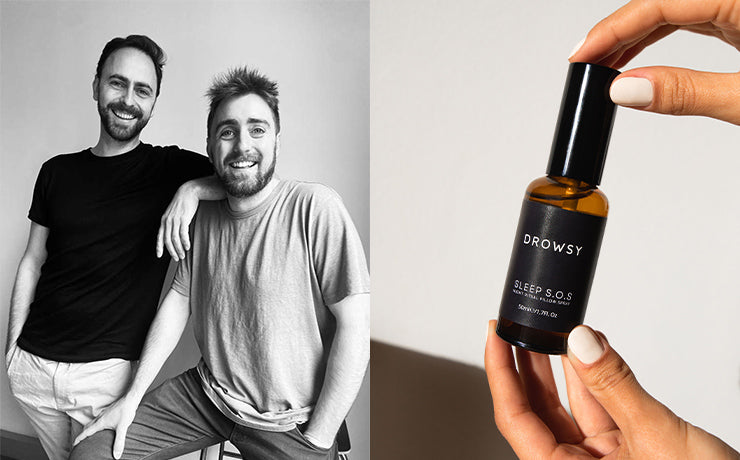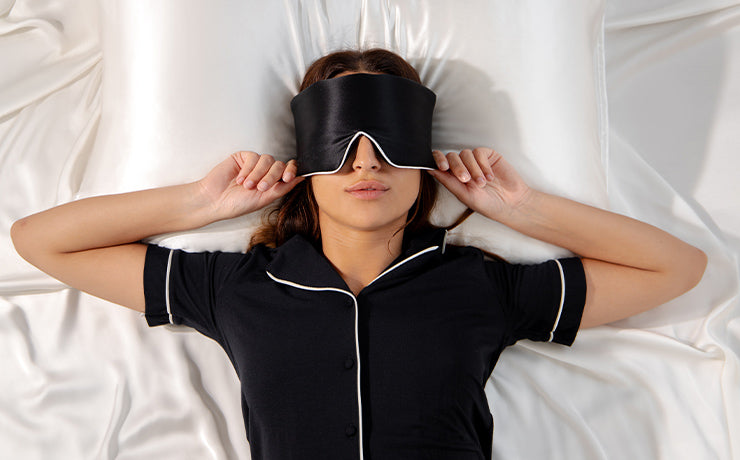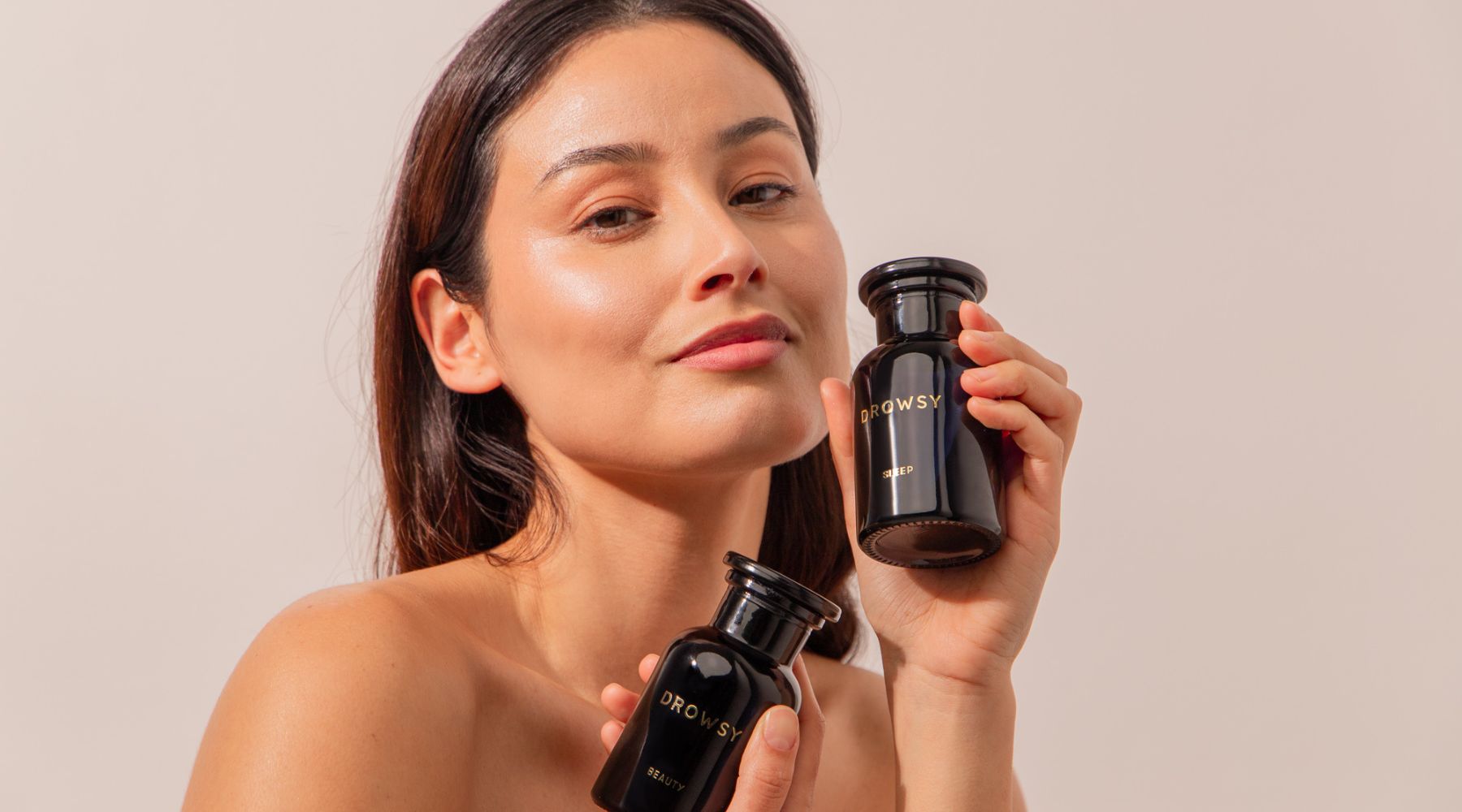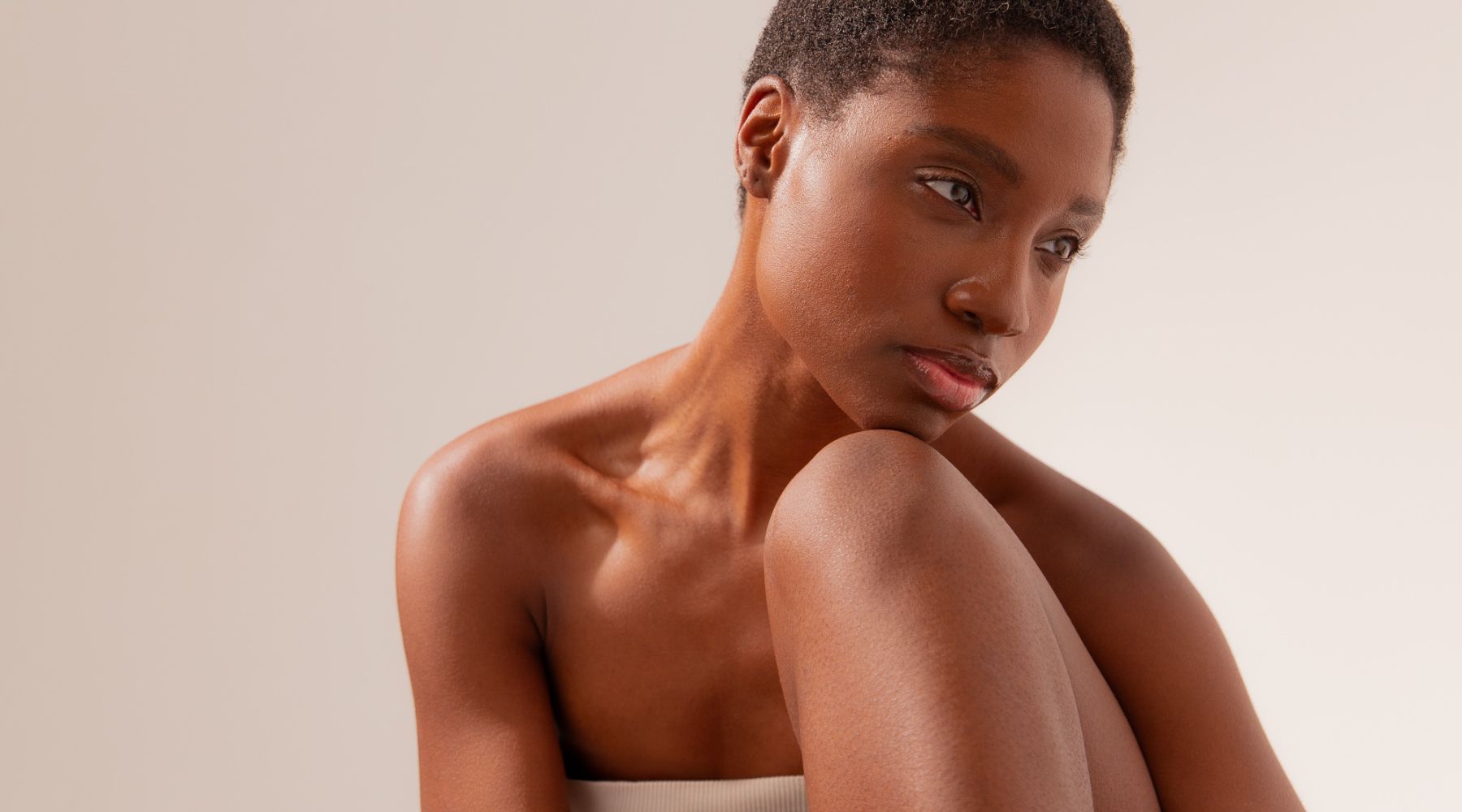Sleep masks: enhancing comfort and rest in bright environments
Have you ever tried to drift off while a streetlight beams through your window or your partner's late-night screen light flickers? Then you know how maddening it can be. For some, it's a minor inconvenience, while for others, it's a constant battle against light. This is where sleeping masks come into the frame.
Often seen as just a travel accessory or something you grab for an afternoon nap, sleep masks have far more to offer. They can significantly enhance comfort and promote a better overall sleep experience for people sensitive to nighttime disturbances. This guide will shed more light on the benefits of wearing an eye mask. Let's dive in!
Understanding insomnia
Insomnia is more than just an occasional bad night's sleep. It's a persistent struggle that makes catching Z's a challenge. If you're battling insomnia, you might spend hours staring at the ceiling or waking up multiple times at night. Even after what should be a full night's sleep, you're left feeling wiped out. Common causes might include:
-
Stress and anxiety: Overthinking daily issues can keep your mind racing, making it difficult to relax and fall asleep.
-
Poor sleep hygiene: If your sleep routine is all over the place, or if you're glued to screens right before bed, it can mess with your ability to catch quality sleep.
-
Medical conditions: Health issues like chronic pain, respiratory problems, or other medical conditions can negatively impact your sleep quality.
-
Lifestyle choices: High caffeine intake, alcohol, or lack of physical activity can lead to sleep problems.
The consequences of insomnia? Sleep deprivation, fatigue, irritability, and difficulty concentrating.

Understanding light sensitivity
Light sensitivity, or photophobia, occurs when light—especially at night—ruins sleep. For many, even the faintest glow can hinder their ability to fall asleep and stay asleep. This issue ties back to melatonin, the hormone that regulates sleep. When exposed to light, melatonin levels drop, and your brain stays alert, making it harder to get a good night's rest. Factors contributing to light sensitivity include:
-
Streetlights and car headlights: They can sneak through windows and curtains, causing trouble sleeping.
-
Electronic devices: The blue light from tablets, computers, and smartphones can throw off your body's natural sleep cycle (also known as circadian rhythm).
-
Artificial light: Even the tiniest bit of light from a clock or TV can be enough to disrupt your rest.
The benefits of sleep masks for comfort and relaxation
Sleep masks can create a darkened environment, contributing to greater comfort during rest and enhancing your overall sleep experience. The constant barrage of artificial lighting, especially from screens and urban lights, can lead to sleep disruption. By wearing an eye mask, you shield your eyes from this pollution, contributing to a more relaxing experience and increased comfort during sleep.
Sleep masks create a dark, comfortable environment that supports the body's natural sleep cycle. As a result, many users feel they drift off more comfortably and stay asleep with fewer interruptions, even if the surrounding area isn't completely dark.
The portability of an eye mask makes it an indispensable sleep accessory for maintaining sleep hygiene both at home and on the go. Whether you're in a brightly lit airplane cabin or trying to catch a quick nap in a room filled with dim light, a sleep mask ensures that your sleep isn't compromised.
The simple act of putting on a sleep mask can become a key part of your bedtime ritual, signaling to your body that it's time to shift toward relaxation. This routine can affect your ability to wind down and achieve a night of deep, uninterrupted sleep, which is essential for repairing the mind and body.

How to choose the right sleep mask
Choosing the right sleep mask can make a noticeable difference in nightly comfort. When buying a sleep mask, consider these factors:
-
Material: Choose high-quality fabrics like 22-momme mulberry silk, known for its softness and breathability. Avoid materials like cotton, which can feel heavy and hot.
-
Fit: A mask that's too tight might be uncomfortable, while one that's too loose won't block light effectively. Look for an eye mask with an adjustable strap that conforms to your face.
-
Design: Opt for contoured masks that don't press against your eyes. Some designs even feature eye cups to protect your eyelashes and add extra comfort.
Greater comfort begins with less light exposure
If you're tired of losing sleep and want to increase your sleep duration, a high-quality sleep mask might be the way to go. Eye masks may seem like a small addition to your bedtime routine, but they can help improve the quality of your sleep by promoting a consistent and comfortable sleep environment. Providing darkness supports a relaxing space that may enhance your sleep experience and bedtime comfort.






